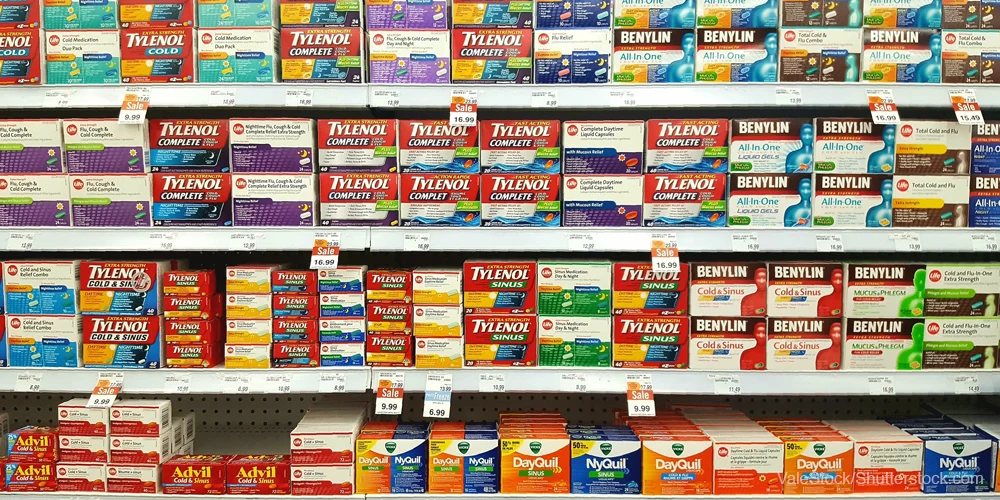An otc medicine is a medication that is sold directly to consumers without a prescription. By contrast, a prescription drug is only available to consumers with a valid prescription. There are many differences between otc and prescription medicines. Listed below are some of the main differences between the two. Let’s take a closer look at them. Despite the differences, both types of medicines are equally effective and safe.
OTC medicines are not prescribed by GPs for minor ailments. As a result, government policy focuses on reducing NHS spending on these minor conditions. However, you can still buy OTC medicines from supermarkets or pharmacies. A pharmacist can offer you clinical advice on how to treat minor ailments and refer you to appropriate care. Listed below are some examples of OTC medicines. To determine whether an OTC medicine is suitable for your condition, read the label.
OTC medicine may contain dangerous ingredients. Some may have addictive properties. Pseudoephedrine is often used to make meth. While this is illegal, it’s commonly found in cough and cold medications. These products are often stored behind the counter, but it’s important to make sure your child never has access to them. Always ensure your child’s safety by talking about the dangers of OTC medicine.
Another potential problem with OTC medicines is that they can cause a serious adverse reaction for some people. Symptoms of an allergic reaction include itching, hives, and breathing problems. To avoid these symptoms, avoid taking any OTC medicine with the same ingredient. In rare cases, some people may experience an allergic reaction. For this reason, you should be aware of any allergy to the medicine. In addition, you should carefully read the labels of all OTC products.
When a product does not work, many consumers will seek medical help. Some people will use OTC medicine despite a doctor’s prescription. A survey of over 5,000 consumers is necessary to make sure the study is representative. In addition, the study simulates the behavior of OTC medicine consumers during a shortage. The survey was conducted by an independent research company that maintains a longitudinal household panel that combines purchases from retail outlets. This panel is balanced to reflect the demographics of the most recent United States Census.
While an OTC medication does not require a doctor’s prescription, it undergoes rigorous testing by the FDA to make sure it’s safe for use. However, even though it’s legal and free to purchase, there are many risks associated with it. Because it is often available at home, many individuals may not follow the directions and risks. For instance, some OTC medications can be harmful to those with certain underlying conditions.
A survey of pharmacists revealed that eighty-four percent of participants believed that OTC medicines were at risk of abuse. The products most frequently cited as most liable for abuse were painkillers, sleeping aids, and cough mixtures. The study also found that one-third of respondents identified specific OTC products by name. While there are many dangers associated with OTC medicines, pharmacists can play an important role in keeping them safe.


